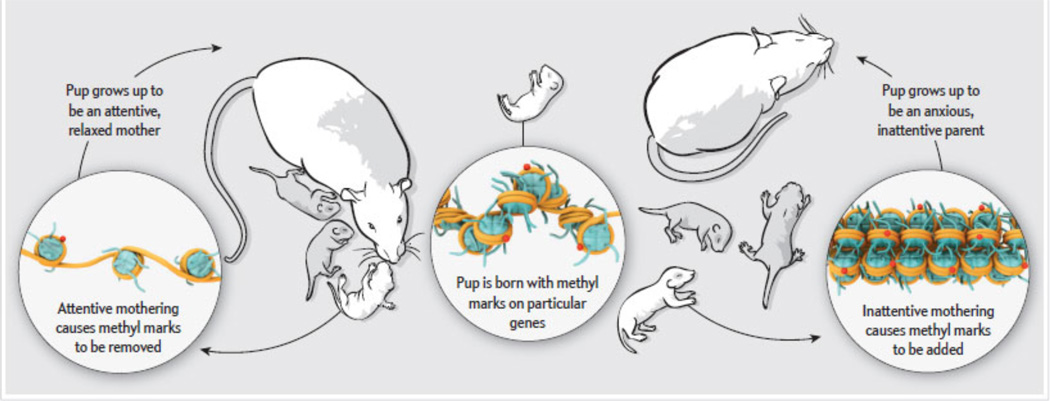Figure 5. Long-term epigenetic effect of maternal care.
Studies in rats have shown that epigenetics can influence maternal behavior and that this effect can be passed from one generation to the next by acting on the pup’s brain alone, without altering germ cells. When pups are born, genes involved in regulating the animals’ responses to stress are differentially methylated, which enhances sensitivity to stress. If the pups are raised by a mother that displays high levels of grooming behavior, many of these methyl marks are removed, leaving the animals less responsive to stress. When these pups mature, they, too, will be more attentive mothers. If the pups, however, are raised by a mother that displays low levels of grooming, their genes will gain methyl marks. They grow up to be more stress responsive and display lower grooming levels toward their own pups. From 212.

